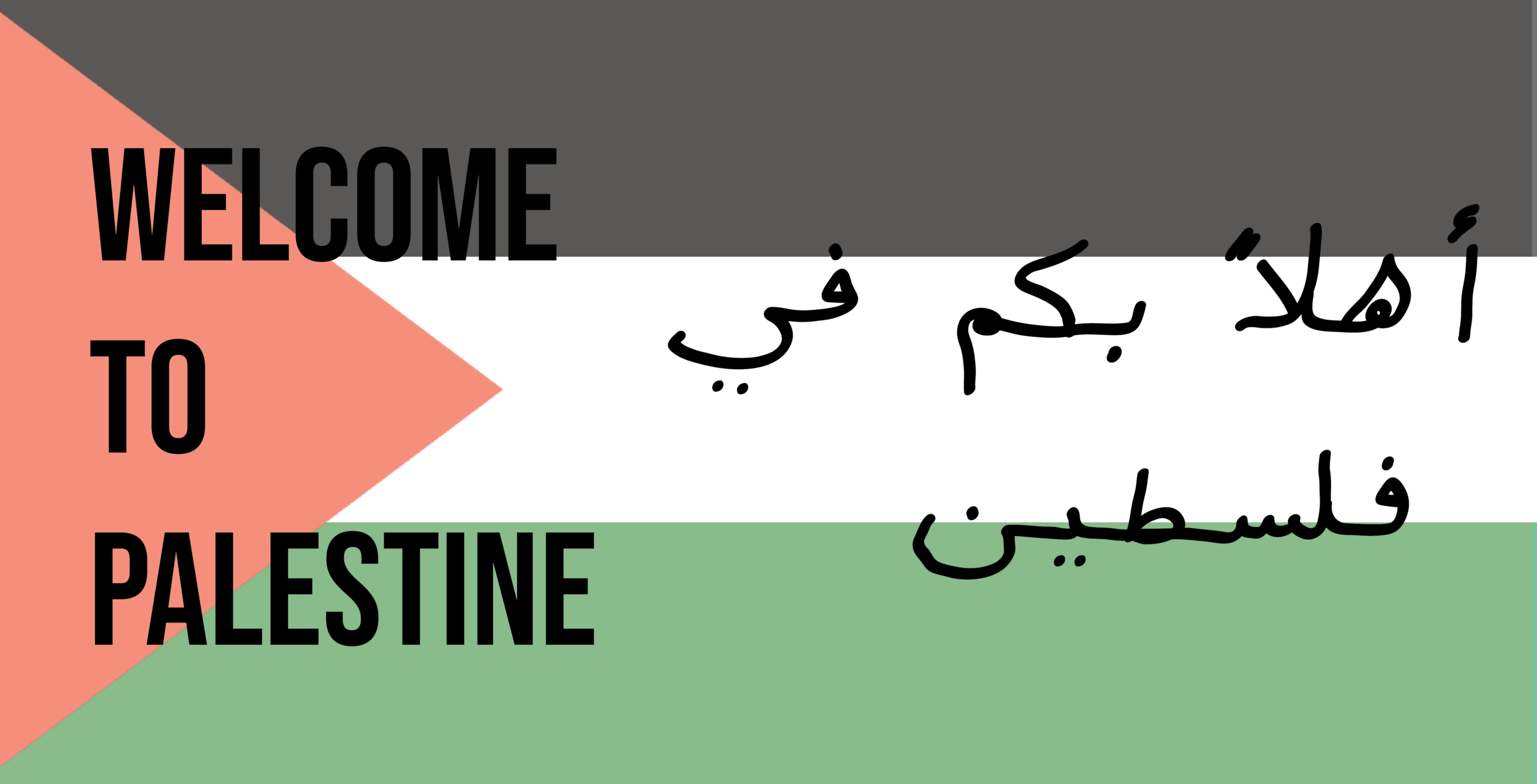Who are the Palestinians?
From the river to the sea, Palestine will be free.
“My sister, our land has a throbbing heart,
it doesn’t cease to beat, and it endures
the unendurable. It keeps the secrets
of hills and wombs. This land sprouting
with spikes and palms is also the land
that gives birth to a freedom-fighter.
This land, my sister, is a woman.” — Fadwa Tuqan
Fadwa Tuqan, the “Poetess of Palestine,” wrote this stanza in her poem, “Hamza.” In these lines, Hamza—“the unextraordinary”—comforts the speaker when she is distressed about the fighting against the Israeli Occupation. The Israeli Occupation Forces go after Hamza in the poem, seeking to burn his house down and throw his son in prison. The poem ends like this:
“Hamza threw open a window.
Face-to-face with the blazing sun, he yelled defiantly:
‘Here in this house I and my children will live and die, for Palestine!’
Hamza’s voice echoed over the hemorrhaging silence.
An hour later, with impeccable timing, Hamza’s house came crashing down
as its rooms were blown sky-high and its bricks and mortar burst,
till everything settled, burying a lifetime’s memories of labor, tears, and happier times.
Yesterday I saw Hamza
walking down one of our town’s streets …
Hamza-the-unextraordinary man who remained as he always was:
unshakable in his determination.” (Translated loosely by Michael R. Burch)
The poem opens by describing Hamza as ordinary, just one of many who does manual labour to earn a living in town. And yet, the very fact that he is ordinary is important. Because there are millions of Hamzas in Palestine, all unshakeably determined to live and fight and die for their freedom, for their home.
Tuqan was born in 1917 in Nablus, Palestine. She learned poetry from her brother Ibrahim, who was determined to help his sister continue her education and writing. Tuqan was 31 when she experienced the Nakba firsthand. A catastrophe that spurred her to join political life, becoming a member of the Jordanian delegation to attend a peace conference organized by the World Peace Council. Yet, it was not until the Naksa in 1967, when Israel ethnically cleansed yet another 300,000 people and stole the rest of historical Palestine—as well as land in Egypt and Syria—that her poetry became one of resistance.
Tuqan is just one of many important and influential Palestinian poets that speak to the beauty, resilience, and determination of Palestinians. She is also a cornerstone of a tradition that sheds light on the atrocities that the Zionist settler colonial project inflicts every day on Palestine. Her work is crucial, and yet I find her most impressive feat to be that she was able to die and be buried in her hometown of Nablus in 2003, a right stripped away from many Palestinians.
Palestinian culture has become one of incredible community, resistance, and hope. You may look at Palestine now and only see the carpet-bombed streets of Gaza or the military checkpoints littered in the West Bank. But we are not only the violence and pain that seeks to destroy us.
We are the sweetness of a Yafa orange. The delight of a Gazan strawberry. The resilience of an olive tree. We are the patterns and colour of our tatreez, weaving our stories onto ourselves and our loved ones. We are the crossroads of civilization and history, carrying the echoes of all the people who have walked our land. We are the mosaics of churches and mosques and temples, our ancestors living together as neighbors and not enemies. We are the laughter of children that still echoes despite the suffocating violence. We are the tenderness of a man feeding street cats who are hungry in Gaza. We are the brave women who dodge snipers to save their patients. We are the symbols of resistance we wave in defiance of our elimination, our kuffiyehs bold against an ashy sky. We are the beauty that fills every corner of our hills and beaches. We are the hope of keys to old houses, a promise of return. We are Palestine, no matter what they say.
Colonizers look at the land between the Mediterranean Sea and the Jordan River and see resources: land, power, wealth, and trade. They look at Gaza and see the beach houses they can build, the highways they can pave, the canals they can dig, and the oil they can pump. And that is how you know that this land is not their home. Because when you call a place your home, when you love it and are connected to it, you do not destroy everything that is beautiful about it. You do not raze centuries old churches, mosques, museums, universities, and libraries to the ground. You do not destroy the earth with white phosphorus and contaminate the water.
It has been 75 years of the colonial and apartheid occupation of Palestine. We have endured six months and more than 150 days of genocide in Gaza. And it will take a few more years, perhaps even decades, until the killing stops and Palestine is freed. But it will be free. For a thief never cares as much as the original owner who cherished and loved their home. Palestinians will always return and fight for Palestine, for home. And now, we are also joined by the people of the world who have felt the pain and dispossession of colonialism. In the end, we will endure. In the end, we will return. In the end, we will be home.

